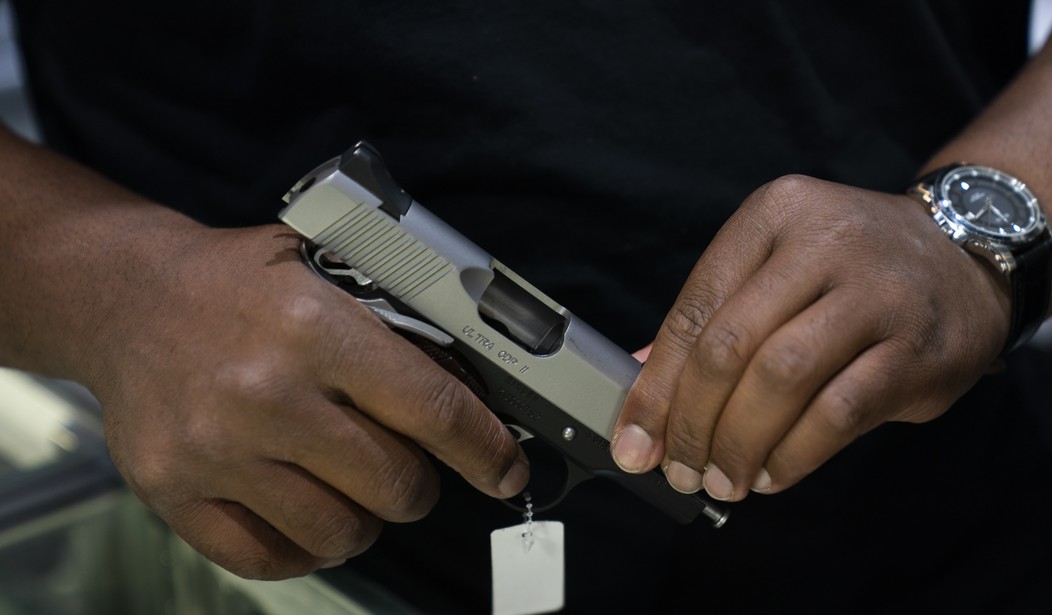Back in the time of the nation's founding, there were laws that barred drunks from carrying guns. This is one of those measures that, under the decision in NYSRPA v. Bruen, is kind of a slam dunk to keep on the books.
The problem is, like any law that's permitted, someone will try to take it to a ridiculous extreme.
That's what's happening in one case in Kansas, where a man was charged with possession of a firearm while intoxicated. Yet what sounds like a slam dunk crosses into the realm of idiocy pretty quickly:
At issue is a 2014 Kansas statute that makes it a crime for a loaded gun to be within an intoxicated person’s “immediate access and control while in a vehicle.”
Sedgwick County District Judge Kevin M. Smith ruled that the language of the law is overly broad and unconstitutional on its face because it “bans persons who take reasonable precautions while under the influence of alcohol or drugs from exercising their Second Amendment right to keep and bear arms in defense against deadly assaults.”
Smith dismissed a criminal case against 24-year-old Hunter C. Clift of Leon in 2024. The Sedgwick County District Attorney’s Office appealed to the state’s supreme court, which held a hearing on the case last week.
Clift was arrested in Wichita’s Old Town district in February 2024 and charged with illegally possessing a firearm in a vehicle while intoxicated. Wichita police stopped Clift’s car, which was being driven by his girlfriend, because his black Dodge Challenger matched the description of a car reported near a shooting in the area.
Clift, a concealed-carry license-holder, was not driving the vehicle, and he did not have a gun on his person. He cooperated with police and immediately alerted them to a loaded gun between the front seat and the center console. He also consented to a field sobriety test, which an officer said he failed.He was arrested, questioned by police and booked into Sedgwick County Jail, where he expressed consternation about the arrest during a phone call, which is quoted in court filings: “Because I had a weapon in my car? I have conceal and carry. Do you not expect me to carry in Wichita?”
The judge agreed, basically saying the law put not just Clift in danger, but also his girlfriend.
It would have been one thing if he'd been carrying it on his person, but he wasn't. It was in his vehicle, in the center console, which is a common place for a firearm to be carried in a car—and, in some states, carrying it anywhere other than there or the glove compartment becomes legally messy—and he wasn't driving. While he was intoxicated, the gun wasn't on him.
Recommended
"But it was in reach!"
So? It would be in reach inside his home, too, and are we going to say that you can't drink while owning firearms next? Is that where we're headed as a nation?
Honestly, since Kansas isn't a "duty to inform" state—meaning you don't have to volunteer to the police that there's a firearm in the vehicle, though if asked, you must answer honestly—Clift probably should have just kept his mouth shut. However, he didn't, likely because he wanted there to be no misunderstandings with the police.
Now, he's dealing with a court case about whether you can have a gun in or on your property while intoxicated. After all, that's what a car is. It's his property, no different from his home in that regard, and while he placed it in that center console while sober, and it was accessible to his non-intoxicated girlfriend should it be needed, he went to jail over it.
Everything about this is absolute stupidity.

























